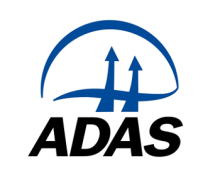Broiler production has been a growth area in Welsh agriculture in recent years. The growing demand for chicken has provided viable diversification opportunities for a number of Welsh farmers. An inevitable consequence of any form of poultry farming is the production of ammonia, through the natural breakdown of urates within poultry manure. Ammonia emissions from poultry production can have a number of significant impacts on the environment, bird welfare, and broiler economics.
Existing legislation is in place to reduce ammonia emissions from poultry farms. High levels of ammonia emissions are cited as one of the main reasons for permits being refused or for planned expansion being prohibited. Modern housing with better ventilation and heating along with improved litter has reduced ammonia emissions, however further improvements may be possible by using additives.
The use of ammonia-reducing additives, either applied directly to the litter or supplied to the birds via the drinking water, offers an additional means of further reducing ammonia production. Two established commercial broiler producers, with modern buildings and many years’ experience of producing poultry for the UK market, were involved in this one year project investigating how these additives can reduce their ammonia emissions.
The potential improvements in animal health/performance and reduction in ammonia emissions provided by additives are much talked about, and this project can help farmers assess whether they are a useful tool for them to employ in reducing ammonia levels on farm.


